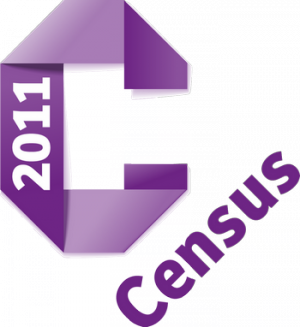 Catholics in Northern Ireland are more likely to be unemployed or living in overcrowded conditions with worse health than Protestants, census figures reveal.
Catholics in Northern Ireland are more likely to be unemployed or living in overcrowded conditions with worse health than Protestants, census figures reveal.The unemployment rate in 2011 was 9% for Catholics and 6% for Protestants. Some 11% of middle-aged Catholics compared to 8% of Protestants assessed their general health as bad or very bad.
However, more Catholics were younger, which is linked to better health.
While Protestants were almost as likely as Catholics to declare a Northern Irish identity, they were less likely to regard themselves as exclusively Northern Irish.
Dr Ian Shuttleworth, a geography lecturer at Queens University Belfast, said: "It would suggest probably there is some scope for some sort of mixing or sharing with the caveat that identities can shift or change."
He said some people saw themselves as Northern Irish yet preferred to send their children to Catholic schools.
"It suggests there is more room for politics because demography does not seem to be a solution," he added.
Traditional perceptions were that Catholics saw themselves as Irish and Protestants as British.
But the 2011 Census showed over a quarter of people who were or had been brought up as Catholics felt Northern Irish only compared to 15% of those brought up Protestant.
A total of 111,700 people regarded themselves as British and Northern Irish only compared to 19,100 who felt Irish and Northern Irish only.
The proportion of people with a British-only identity tended to increase with age, including half of those aged 65 or above. Four fifths of those who felt British-only were brought up Protestant. Ninety four per cent of those who felt Irish-only were brought up Catholic.
Almost three fifths of people with a Northern Irish-only identity had been brought up Catholic and 36% Protestant.
Around 12% of Catholics and 6% of Protestants were living in overcrowded conditions.
Those
working in skilled agricultural trades or protective services were more
likely to be Protestant than Catholic whereas half or more of those
working in the skilled building trade were Catholic.
Agriculture, forestry and fishing displayed the highest share of Protestants, with a higher share of Catholics in construction.
The young from both denominations were three times more likely than the elderly to have achieved a degree or higher.
Protestants
were more likely to be economically active than Catholics, although the
gap has narrowed from around 4% a decade ago to half a per cent.
Around
a fifth of school-age Catholics knew Irish, with that dwindling to 6%
in those aged 75 or over. In contrast, those aged over 55 were more
likely to speak Ulster Scots.
